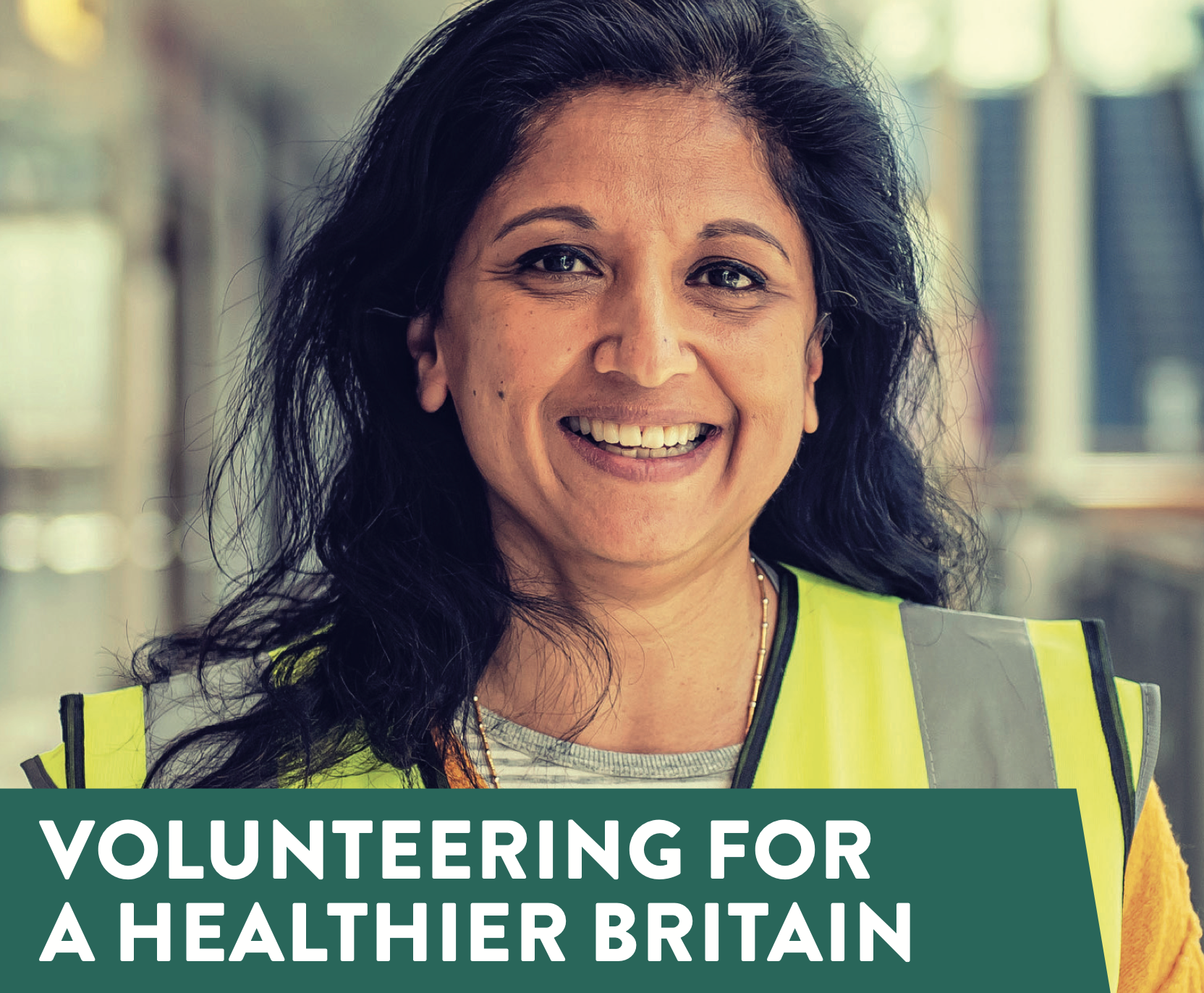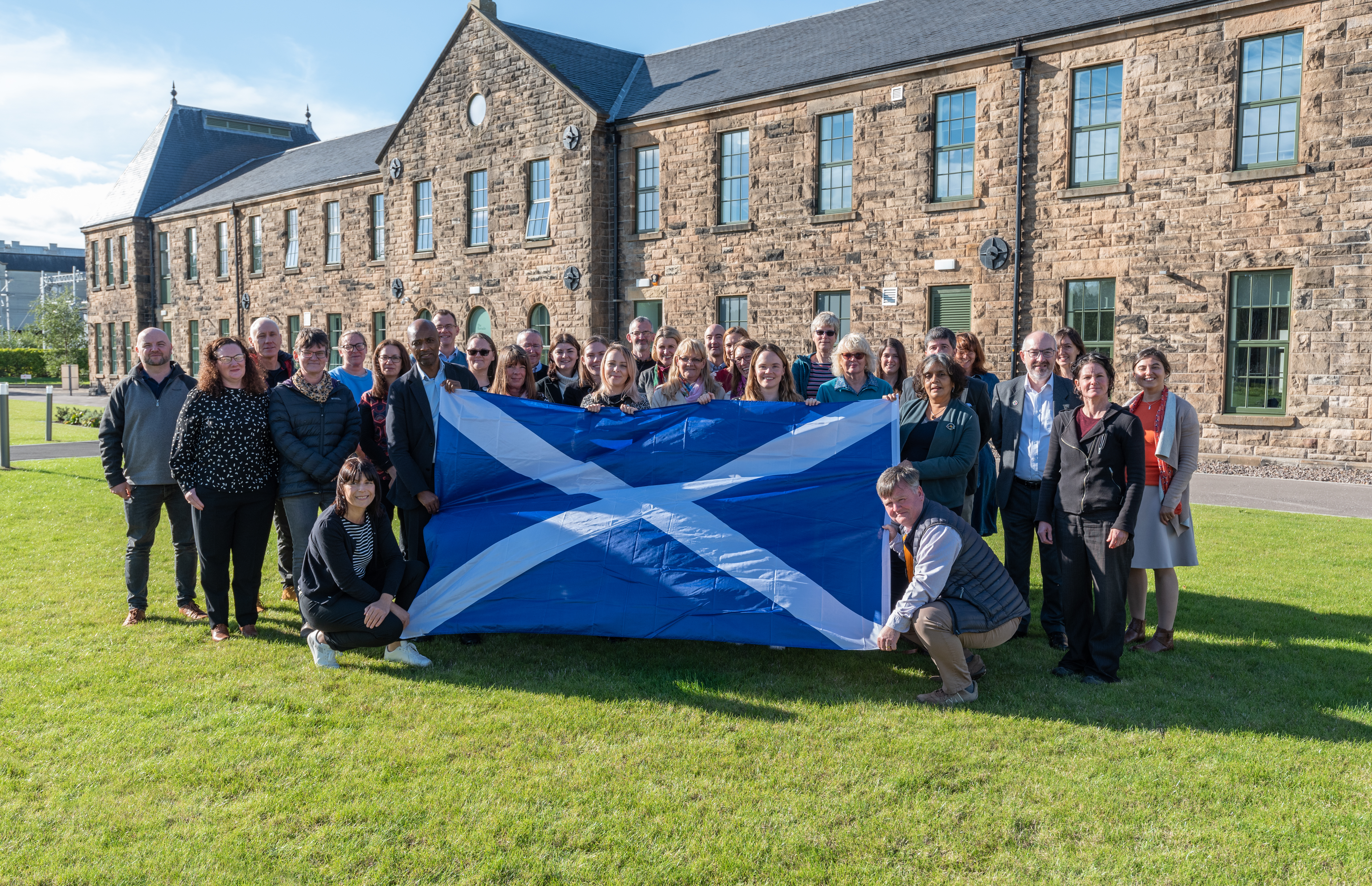A survey has found that people who volunteer in the UK’s most deprived areas have better mental health than those who do not give up their time for good causes.
It found that 21% of those who volunteered in such areas have good mental health, compared to 13% of their non-volunteering peers.
They also had better physical mental health (28% compared to 14%) and general wellbeing (23% versus 13%).
Volunteers in deprived areas are also more likely to chat with their neighbours, socialise and gain confidence, research based on the survey of 2,500 people has found.
The research has been revealed in a Royal Voluntary Service (RVS) report Volunteering for a Healthier Britain.
“Supporting social connections is at the heart of tackling health inequalities,” said RVS chief executive Catherine Johnstone.
“Our new report makes clear the ways volunteering can improve wellbeing and our sense of belonging. Making volunteering a key part of the recovery will help us build back a fairer and healthier society.
“It is a driver for health and happiness which will in turn support economic productivity.”
The research also found a gap in provision for communities in disadvantaged areas. It found that more than a third (36%) of people in these areas say they have few, if any, people to call on for company.
In addition, 34% of people in deprived areas say they feel lonely. They are twice as likely than those living in more affluent areas to say their mental and physical health is worse following the Covid-19 pandemic.
“A civic minded nation is a happier and healthier nation,” added Johnstone.
“By encouraging and supporting volunteering in communities we can improve the lives of millions of people. No more so than in our most deprived communities.”
Report co-author Kimberley Smith, a senior lecturer in clinical health psychology at the University of Surrey said that the Covid-19 crisis has “revealed significant regional health disparities and exacerbated poor health with those in the poorest communities suffering disproportionately”.
She added: “Part of the solution in reversing these trends is capitalising on the resurgence of civic participation.”
The findings support previous research, released by the London School of Economics earlier this year, where volunteers recorded high wellbeing scores and felt more connected to their community than their non-volunteering peers.
Charity Times video Q&A: In conversation with Hilda Hayo, CEO of Dementia UK
Charity Times editor, Lauren Weymouth, is joined by Dementia UK CEO, Hilda Hayo to discuss why the charity receives such high workplace satisfaction results, what a positive working culture looks like and the importance of lived experience among staff. The pair talk about challenges facing the charity, the impact felt by the pandemic and how it's striving to overcome obstacles and continue to be a highly impactful organisation for anybody affected by dementia.
Charity Times Awards 2023
Mitigating risk and reducing claims

The cost-of-living crisis is impacting charities in a number of ways, including the risks they take. Endsleigh Insurance’s* senior risk management consultant Scott Crichton joins Charity Times to discuss the ramifications of prioritising certain types of risk over others, the financial implications risk can have if not managed properly, and tips for charities to help manage those risks.
* Coming soon… Howden, the new name for Endsleigh.
* Coming soon… Howden, the new name for Endsleigh.
Better Society

© 2021 Perspective Publishing Privacy & Cookies











Recent Stories